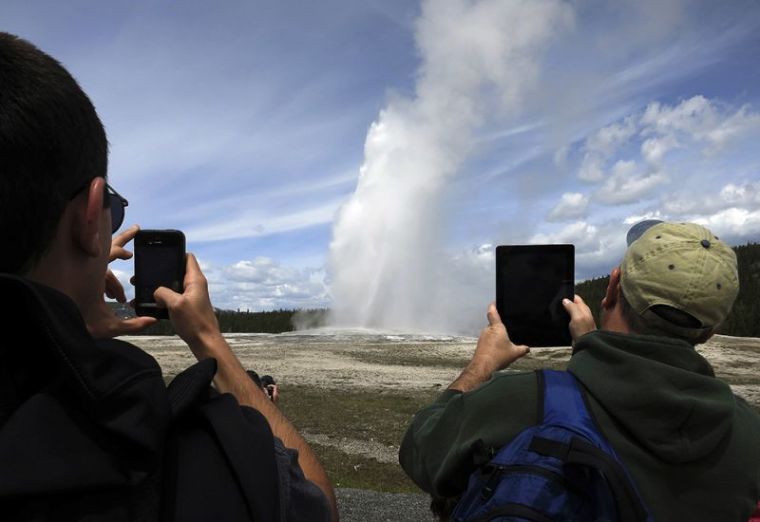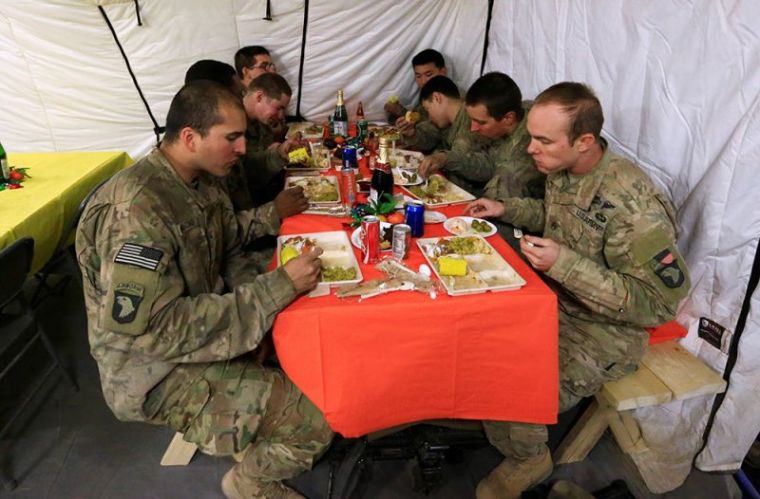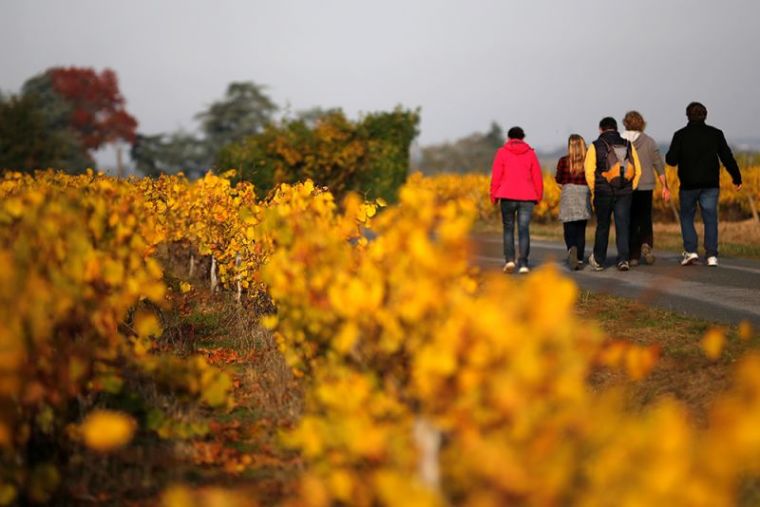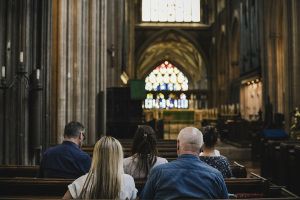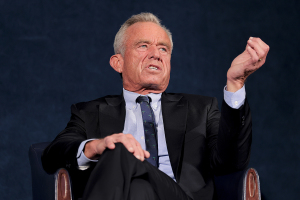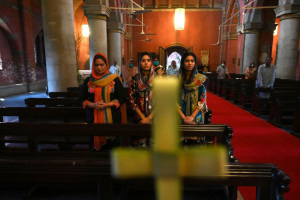Thanksgiving: Are We Taking God's Blessings for Granted?
In the mid-1990s, Christian writer Philip Yancey wrote in Christianity Today:
I remember my first visit to Old Faithful in Yellowstone National Park. Rings of Japanese and German tourists surrounded the geyser, their video cameras trained like weapons on the famous hole in the ground. A large, digital clock stood beside the spot, predicting 24 minutes until the next eruption.
My wife and I passed the countdown in the dining room of Old Faithful Inn overlooking the geyser. When the digital clock reached one minute, we, along with every other diner, left our seats and rushed to the windows to see the big, wet event.
I noticed that immediately, as if on signal, a crew of busboys and waiters descended on the tables to refill water glasses and clear away dirty dishes. When the geyser went off, we tourists oohed and aahed and clicked our cameras; a few spontaneously applauded. But, glancing back over my shoulder, I saw that not a single waiter or busboy — not even those who had finished their chores — looked out the huge windows. Old Faithful, grown entirely too familiar, had lost its power to impress them.
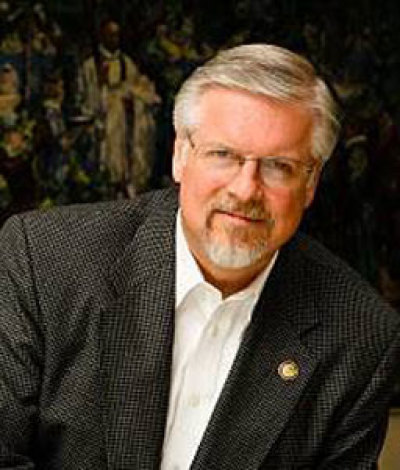
How easy it is to take our blessings for granted — to grow so accustomed to them that they lose their beauty. Like the waiters and busboys completely pre-occupied with their daily grind and no longer awestruck with Old Faithful — we can become unmoved by the wonders of life. Worse still, we can become oblivious to the faithfulness of God.
Anyone who knows anything about American history understands that despite its many faults, our nation unfolded by remarkable design. Revered as the father of our country, George Washington, commander of the Revolutionary Army and our first president, seemed to personify God's providential hand of favor.
It's a true story that's long been forgotten, but decades ago it was repeatedly taught in every classroom in America.
Washington and his troops were fighting the French and Indian War, marching to Duquesne, which is now known as Pittsburgh, when they suffered a surprise attack from every side. The battle was a lengthy one, lasting for two hours. Unfortunately, the Americans were soundly defeated. The only officer remaining on his horse was Washington.
In a letter written to his mother and brother about the skirmish, Washington assured them that he was well. He added that God's hand of protection had been upon him. "For I had four bullets through my coat, and two horses shot from underneath me, yet escaped unhurt, although death was leveling my companions on every side of me," he wrote.
More than a decade and a half later, Washington and a friend were traveling through the same area where that momentous battle had occurred. When an old Indian chief learned that Washington was returning to those same woodlands, he traveled a long distance in hopes of meeting with Washington.
The two leaders did sit down together over a council fire. The chief proceeded to tell Washington that it was he who led in the attack against him and his troops. He said that perceiving Washington was their leader, he ordered his braves to focus their fire on Washington, believing that if they could kill him the troops would scatter. The chief said he shot at Washington 17 times, but could never hit him. Neither could any of his braves. That led the chief to order them to stand down because he believed Washington was specially protected. He said he had traveled a long distance to meet the man whom the Great Spirit would not let die in battle.
Washington's life wasn't spared by chance or luck. It was the faithfulness of God. His fortunes were ordered from on High. And what was true for Washington, the man, was also true for America.
In his inaugural address to Congress, Washington stressed God's role in the birth and defense of our Republic. He said:
"No people can be bound to acknowledge and adore the invisible hand which conducts the affairs of men more than the people of the United States. Every step by which they have advanced to the character of an independent nation seems to have been distinguished by some token of providential agency..."
Thus, one of Washington's earliest official acts as president was to declare a Thanksgiving Proclamation that instructed, "Whereas it is the duty of all nations to acknowledge the providence of Almighty God, to obey his will, to be grateful to his benefits, and humbly implore his protection and favor."
Since the time of George Washington and up to the present, America has overcome severe challenges to its survival, and today our nation continues to hold a place of superior position and prosperity in the world. Serious threats, however, from within and without, remain. But perhaps the greatest menace to making mayhem and ultimately affecting our downfall is a spirit of ingratitude.
Dr. George Sweeting, former president and chancellor of Moody Bible Institute, has eloquently written about the need to be thankful, saying:
"When you are thankful, you see God's love and goodness. Your eyes are wide open to his judgments. You are receptive to his will. Unthankfulness, by contrast, blinds the eyes. An unthankful person may not even know that God is in the picture.
"An unthankful nation is no better. An unthankful nation is an unthinking nation, and its people are in mortal danger. ... [T]he price of unthankfulness is high. You cannot ignore God's rights, God's sovereignty, God's loving kindness, without losing touch with the One on whom your very life depends."
George Washington obviously knew this, first hand, and he didn't want America to forget it. He wanted his countrymen to remember God's wondrous, divine and unspeakable mercies.
To borrow a couple of phrases from a stanza in our National Anthem, the Thanksgiving holiday was passed down to us — lest we forget that we are a "Heav'n-rescued land" — lest we forget "the Power that hath made and preserved us a nation!" To put it in the vernacular, lest the only things we see are the dirty dishes and unfilled glasses of life, and never look up to appreciate God's incomparable faithfulness.
Happy Thanksgiving.










